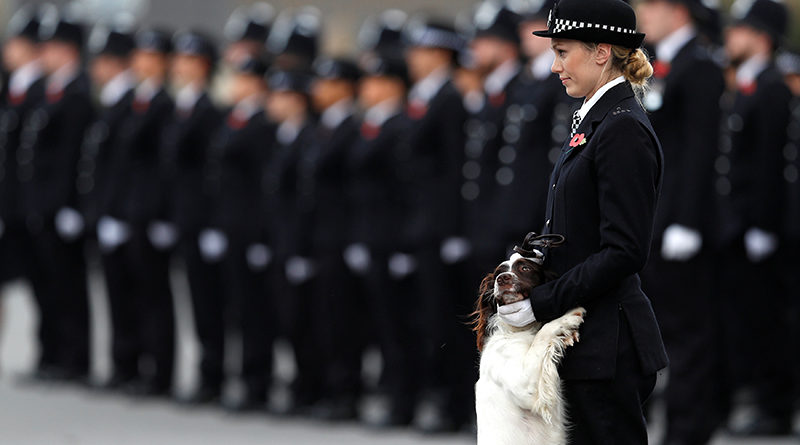Headmaster, headmistress, headteacher – gender-neutral words in English today
Liebe Bloglesende – und damit sind auch die Männer gemeint! Sprache spiegelt unser Denken wider. Umdenken wiederum führt oft zu sprachlichen Veränderungen. Ebenso wie man im Deutschen auf Begriffe wie Studierende und Kulturschaffende zurückgreifen kann, sollte man daher auch im Englischen auf geschlechtsneutrale Sprache achten, um nicht als altmodisch und sexistisch zu gelten. Wir haben da auch schon einige nützliche Begriffe zusammengestellt.
By Moya Irvine
Schools used to have a headmaster or a headmistress. The people who catch criminals were known as policewomen or policemen and someone leading a discussion was a chairman or a chairwoman. However, today gender-neutral language is preferred especially in official settings and in the media, and sometimes in private life. If you use non-neutral words today you risk sounding old-fashioned or sexist, and we don’t want that to happen! So here are some of the words you need to know if you want your English to be gender-neutral. There are many more, and you should watch out for them in your reading.
Old Gender-neutral
| actor, actress | Many people use ‘actor’ for both sexes; others continue to use ‘actress’ for women. |
| chairman, chairwoman | chairperson, chair |
| fireman, firewoman | firefighter |
| headmaster, headmistress | head teacher |
| manpower | staff, employees, human resources, workforce |
| policeman, policewoman | police officer |
| princess, duchess, countess | There is no gender-neutral word for titles like these. They are still ok to use. |
| salesman, saleswoman | sales assistant, salesperson; sales representative |
| sister (senior nurse in
a hospital) |
charge nurse |
| spokesman, spokeswoman | spokesperson |
| steward, stewardess
(on a plane) |
flight attendant |
| tax man | tax officer |
| the best man for the job | the best person for the job |
| the man in the street | the average person |
| waiter, waitress | server |
The third person singular – he or she – is a special problem. People used to simply assume that if the gender wasn’t specified, it was a ‘he’. That is not acceptable today. To be gender-neutral, you can say ‘he or she’ but it’s perfectly correct and often more elegant to use ‘they’, even though you are only talking about one person.
Old
Before your child starts school, make sure he knows how to cross the road safely.
Gender-neutral
Before your child starts school, make sure he or she knows how to cross the road safely.
Before your child starts school, make sure they know how to cross the road safely.
Alternatively, you can turn the single subject into a plural so you can use ‘they’.
Before children start school, make sure they know how to cross the road safely.
Don’t call her a policewoman, she’s a police officer. | Photo: Getty Images






